“I think it’s a false concept to be colorblind,” says Tavoria Kellam, a Baha’i living in New York City. As a Black woman, Tavoria understands how much race and color affect how she is seen and treated.
In this short clip from the project “The Race Unity Project,” Tavoria explains how she feels like a part of her reality is dismissed when people tell her that they don’t see color. The effort is produced by Journalism for Change, Inc, a nonprofit media organization founded by filmmaker and human rights activist Maziar Bahari. The project tells “the century-long story of the American Baha’i community and its efforts — as well as its tests and challenges — in promoting race unity.”
In 1938, Shoghi Effendi, the Guardian of the Baha’i Faith, wrote that racism has “attacked the whole social structure of American society” and “should be regarded as constituting the most vital and challenging issue” confronting our nation.
Tavoria shares that your skin color will always be “pushed in your face even though you’re not consciously thinking about it every minute of every day.” Watch as she explains what her true identity is, despite what the world sees.
Radiance Talley serves as the director of operations at BahaiTeachings.org, where she integrates her expertise in SEO, journalism, design, and publishing into every aspect of her work. She has edited and written hundreds of articles for BahaiTeachings.org and has also written and optimized articles for...
READ MORE

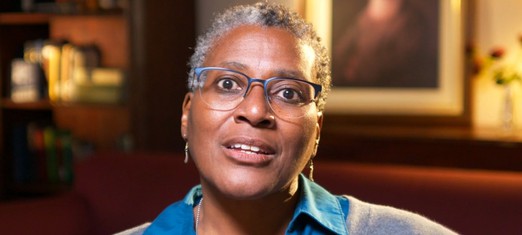

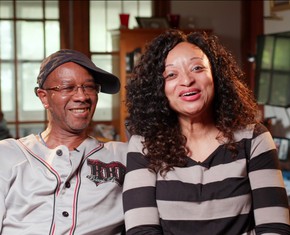
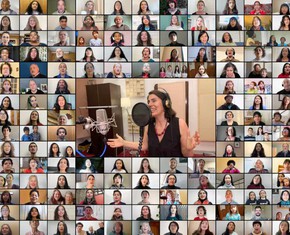
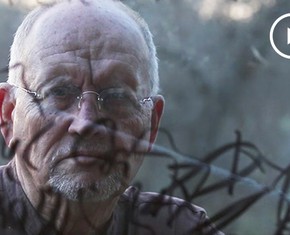
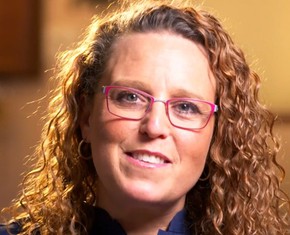









Comments
Sign in or create an account
Continue with Googleor